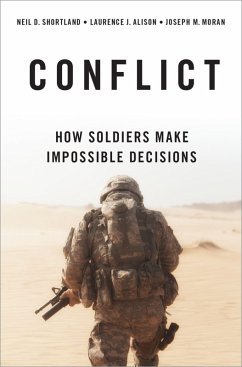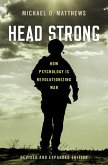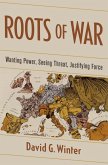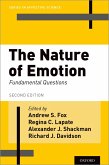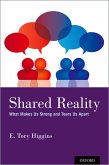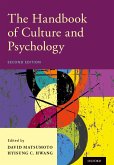Conflict: How Soldiers Make Impossible Decisions is about making hard choices--where all outcomes are potentially negative. The authors draw on interviews conducted with soldiers about the situations they faced and the decisions they made at war. These are vivid and sometimes distressing stories. They form the data from which the authors explore the cognitive processes associated with choice, commitment to action and (sometimes) error, as well as goal directed thinking, innovation and courage. By referring to real cases,
Conflict invites readers to consider their own responses under extreme circumstances and ask themselves how they would choose between difficult options. In doing so this book will go some way to helping readers understand what it feels like when choosing between least-worst decisions.
Dieser Download kann aus rechtlichen Gründen nur mit Rechnungsadresse in A, B, BG, CY, CZ, D, DK, EW, E, FIN, F, GR, HR, H, IRL, I, LT, L, LR, M, NL, PL, P, R, S, SLO, SK ausgeliefert werden.

